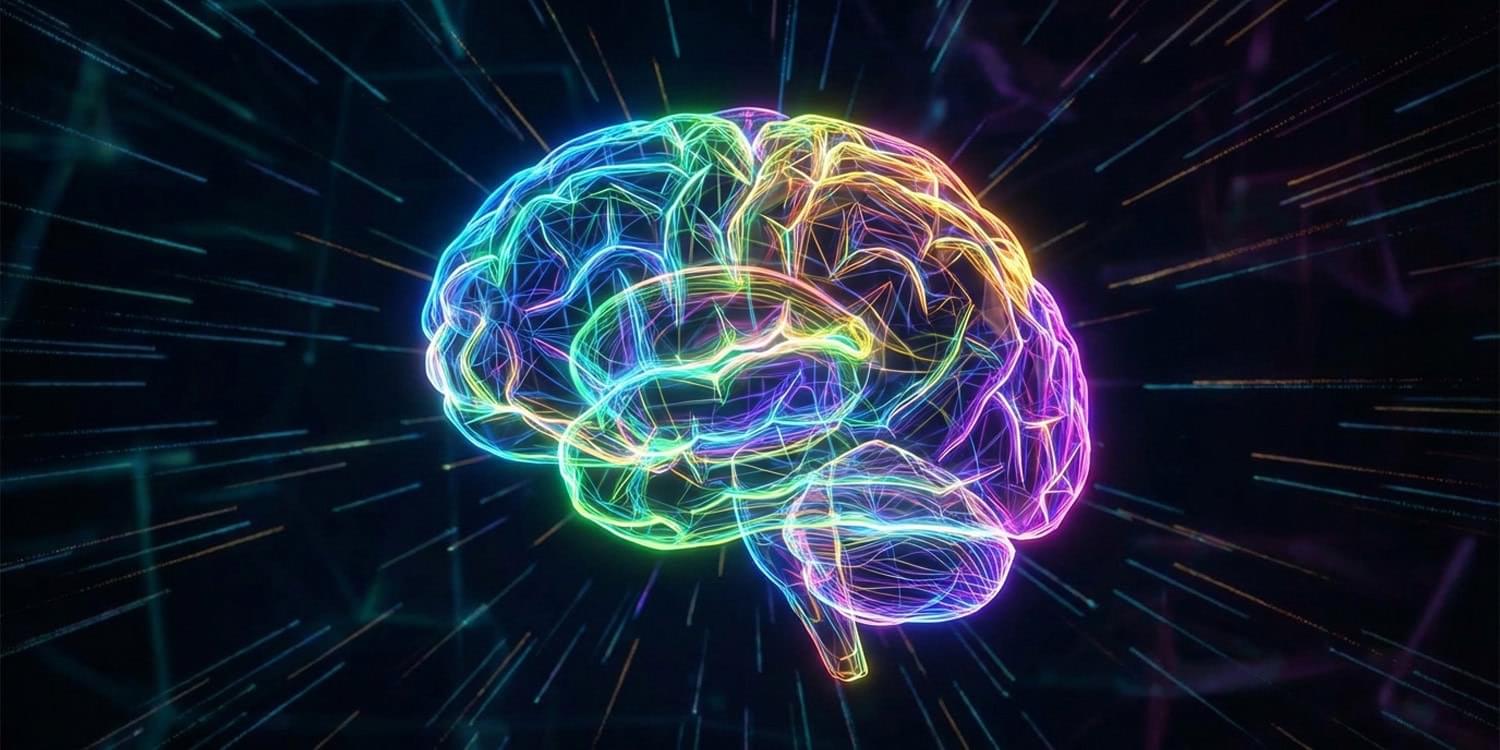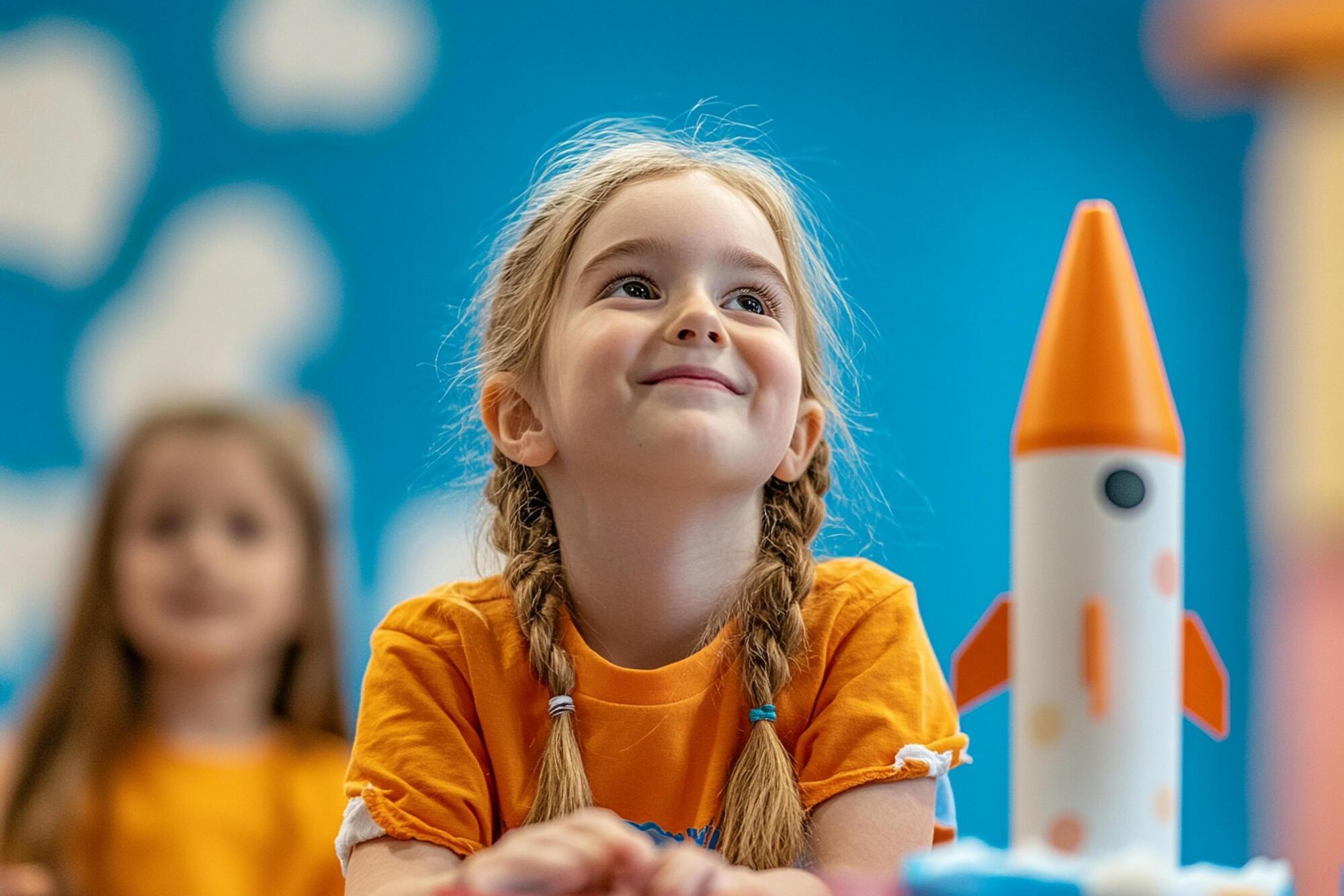New research published in Neuropsychologia provides evidence that adults with dyslexia process visual information differently than typical readers, even when viewing non-text objects. The findings suggest that the neural mechanisms responsible for distinguishing between specific items, such as individual faces or houses, are less active in the dyslexic brain. This implies that dyslexia may involve broader visual processing differences beyond the well-known difficulties with connecting sounds to language.
Dyslexia is a developmental condition characterized by significant challenges in learning to read and spell. These difficulties persist despite adequate intelligence, sensory abilities, and educational opportunities. The most prominent theory regarding the cause of dyslexia focuses on a phonological deficit. This theory posits that the primary struggle lies in processing the sounds of spoken language.
According to this view, the brain struggles to break words down into their component sounds. This makes mapping those sounds to written letters an arduous task. However, reading is also an intensely visual activity. The reader must rapidly identify complex, fine-grained visual patterns to distinguish one letter from another.






